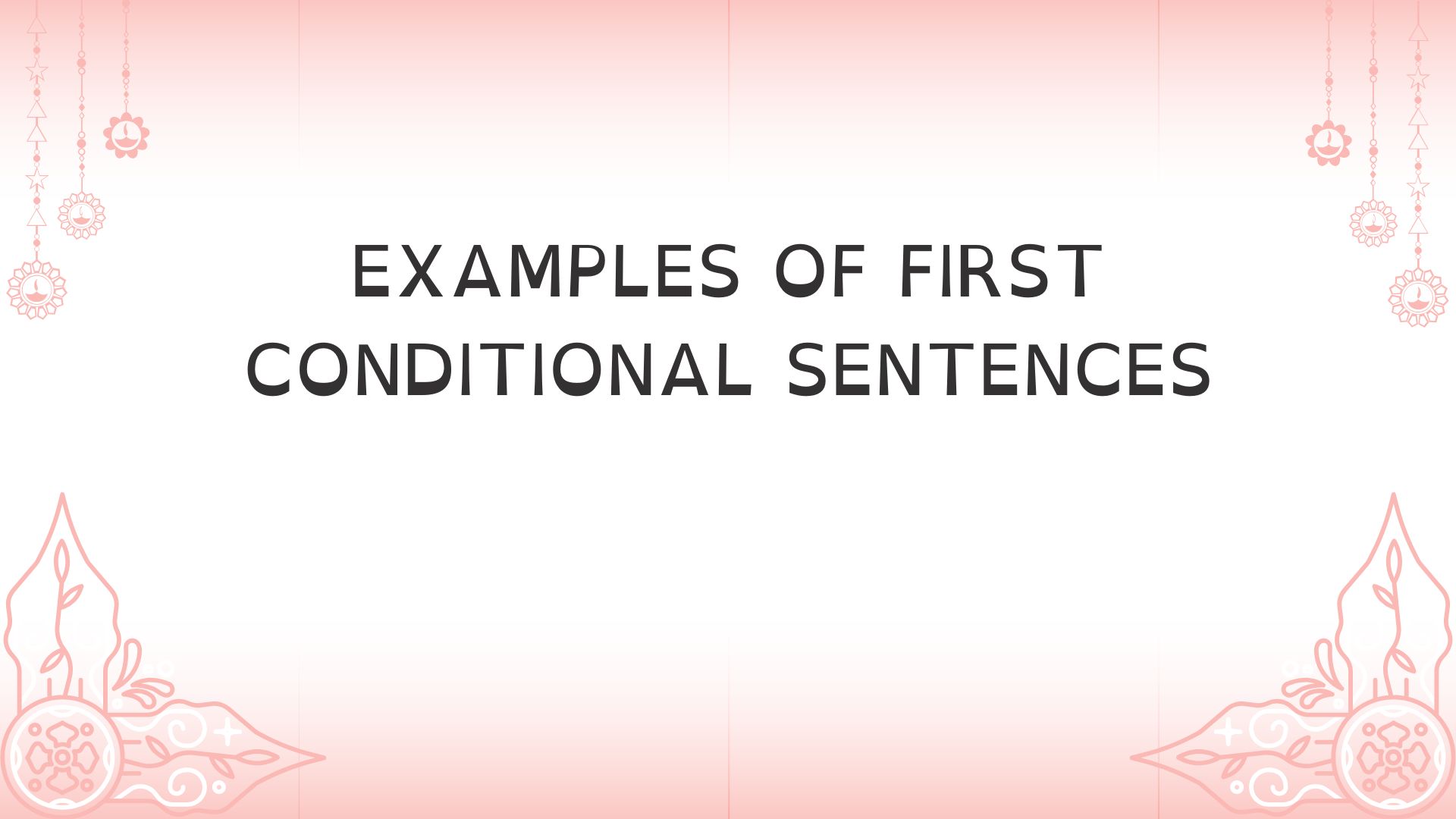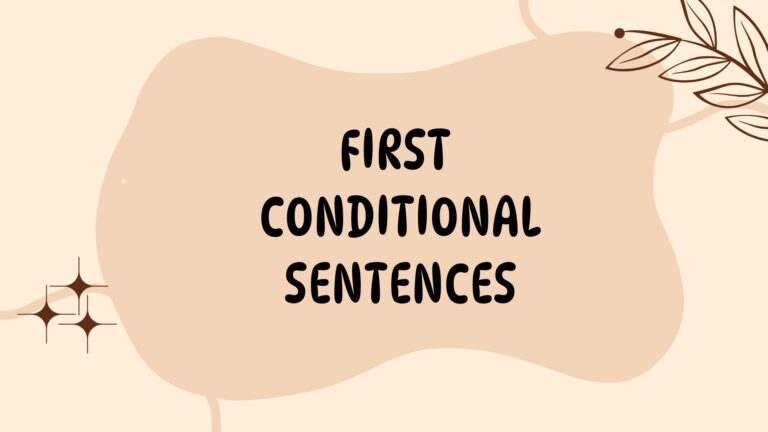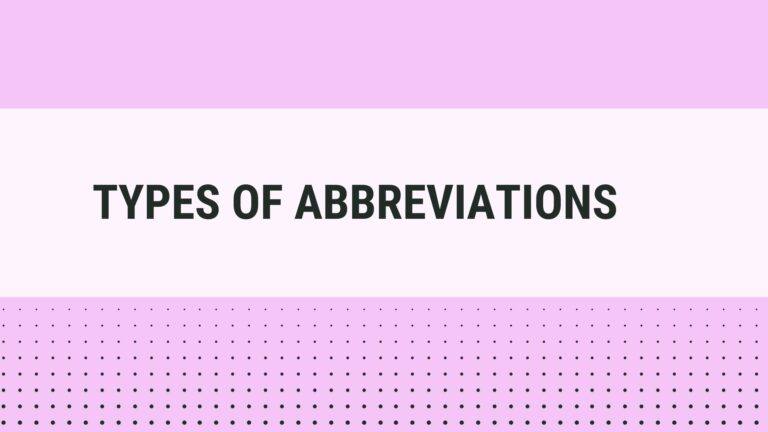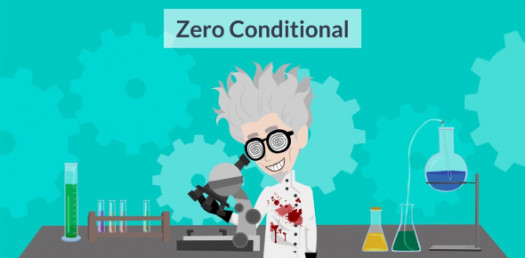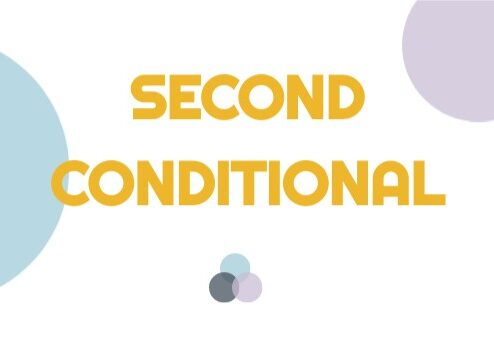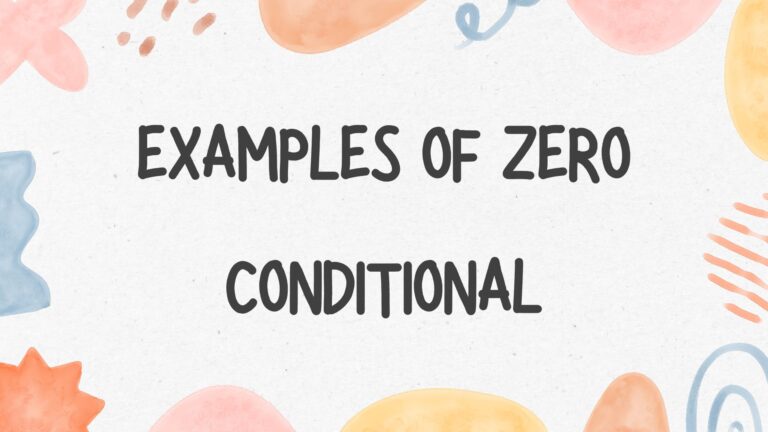150 Examples of First Conditional Sentences
Mastering the first conditional can improve your English communication. This article provides 150 examples of first conditional sentences to help you understand and use this important grammar structure. By the end, you’ll understand the concept and have practical sentences to boost your conversation skills.
Introduction to First Conditional Sentences
First conditional sentences talk about real possibilities and their results. For example, “If it rains tomorrow, I will take an umbrella.” This format helps spark conversations and encourages discussions about plans.
Using first conditionals can improve storytelling and invite others to think about different situations. This way of speaking makes conversations more engaging and allows for sharing hopes and predictions in daily life.
Structure of First Conditionals
The first conditional is used to talk about real or possible situations in the future. Its structure is:
If + present simple, will + base verb.
The “if” clause describes a possible future condition, and the main clause shows the result. For example: If it rains, we will stay home. This means there is a real chance of rain, and staying home is the likely outcome.
Examples of First Conditional Sentences
Here’s a list of 150 First Conditional sentences.
If it rains, we will cancel the picnic.
If she studies hard, she will pass the exam.
If they arrive on time, we will watch the movie together.
If you don’t hurry, you will miss the bus.
If I finish early, I will call you.
If we go now, we will reach before dark.
If you ask nicely, she will help you.
If he works late, he will miss dinner.
If the weather is good, we will go hiking.
If I see him, I will tell him the news.
If you don’t eat, you will feel weak.
If they win the match, they will qualify for the finals.
If we save money, we will go on a trip.
If you press that button, the machine will start.
If I wake up early, I will join you for breakfast.
If she forgets her keys, she won’t get in.
If it snows tomorrow, we will build a snowman.
If the teacher is absent, we will go home.
If you follow the map, you will find the location.
If he apologizes, I will forgive him.
If you leave now, you will catch the train.
If I have time, I will help you with your project.
If we don’t hurry, we will be late.
If the sun shines, we will go to the beach.
If they don’t practice, they won’t win.
If you water the plant, it will grow.
If she arrives soon, we will start the meeting.
If it gets colder, we will turn on the heater.
If you eat too much, you will feel sick.
If the phone rings, I will answer it.
If you call her, she will be happy.
If they don’t come, we will eat without them.
If I get the job, I will move to the city.
If he doesn’t study, he will fail.
If the car breaks down, we will take a taxi.
If you invite them, they will come.
If I am free tomorrow, I will visit you.
If she goes shopping, she will buy a dress.
If we don’t pay the bill, the service will stop.
If it gets late, I will stay overnight.
If you don’t lock the door, someone might get in.
If he wins the lottery, he will travel the world.
If the baby sleeps now, we will rest.
If they ask nicely, I will consider it.
If I cook tonight, will you wash the dishes?
If she calls now, I will answer.
If the power goes out, we will light candles.
If you don’t come, I will be sad.
If the road is closed, we will take another route.
If we don’t act fast, we will lose the opportunity.
If she doesn’t wear a jacket, she will catch a cold.
If he joins the team, they will perform better.
If you don’t tell the truth, they will find out.
If we arrive early, we will get good seats.
If you mix red and blue, you will get purple.
If I buy the cake, will you bring the drinks?
If they are late, we will start without them.
If you sleep early, you will feel fresh.
If he trains daily, he will get stronger.
If the teacher gives homework, I will do it.
If she sings, everyone will enjoy it.
If I forget, please remind me.
If they see us, they will wave.
If you get good grades, I will buy you a gift.
If we clean the house, mom will be happy.
If it’s sunny, we will go to the park.
If she brings snacks, we will have a party.
If I miss the bus, I will walk.
If you speak loudly, they will hear you.
If he finds his wallet, he will be relieved.
If I eat now, I won’t be hungry later.
If she finishes her work, she will go out.
If we book early, we will get discounts.
If you touch that, it will break.
If I win this game, I will be the champion.
If the dog barks, I will check the door.
If the lights go off, we will use a torch.
If she doesn’t come soon, we will leave.
If you take a break, you will feel better.
If we share ideas, we will improve the project.
If it hails, we will stay inside.
If the cake burns, we will order pizza.
If I see him, I will ask about the meeting.
If they plant trees, the environment will improve.
If you don’t tie your shoes, you will trip.
If I call now, will she answer?
If she works harder, she will get promoted.
If the show is boring, we will leave early.
If he doesn’t eat vegetables, he won’t be healthy.
If the shop is open, I will buy bread.
If they fix the road, traffic will improve.
If the bell rings, class will start.
If you follow instructions, the project will succeed.
If I don’t sleep, I will feel tired.
If she texts me, I will reply.
If it gets noisy, I will close the window.
If we don’t plan, we will face problems.
If the movie is good, we will watch it again.
If I hear anything, I will inform you.
If they delay again, we will cancel the order.
If you drink this, you will feel better.
If I find my keys, I will drive.
If we take a break, we will feel refreshed.
If it’s too hot, we will stay inside.
If she laughs, I will laugh too.
If the guests come, we will serve tea.
If I walk faster, I will catch up.
If you don’t listen, you will make mistakes.
If it’s cold, we will light the fireplace.
If they clean the yard, it will look better.
If you call now, you will get a discount.
If I start now, I will finish by noon.
If she doesn’t rest, she will get sick.
If the internet works, I will send the file.
If you update the app, it will work fine.
If we combine our skills, we will succeed.
If he turns off the light, we will sleep.
If the train is late, we will wait.
If it’s your birthday, I will bake a cake.
If you win, I will celebrate with you.
If I clean my room, mom will be proud.
If they cook dinner, I will wash dishes.
If we study together, we will understand better.
If she brings her camera, we will take photos.
If I leave now, I will reach on time.
If the bus comes, we will go.
If you try harder, you will succeed.
If we change the plan, they will agree.
If you break it, you will have to fix it.
If I practice more, I will improve.
If the water boils, we will make tea.
If he sleeps now, he will wake up early.
If you knock, someone will open the door.
If I go to the market, I will buy fruit.
If she writes the report, we will submit it.
If the kids behave, they will get ice cream.
If I take this path, I will reach faster.
If he explains again, I will understand.
If they don’t like the idea, we will change it.
If you leave early, you will reach early.
If we win, we will celebrate tonight.
If I remember, I will bring the book.
If you speak clearly, everyone will understand.
If she joins us, it will be fun.
If the sky is clear, we will see stars.
If I stay focused, I will complete the task.
If we cooperate, things will go smoothly.
If he keeps his promise, I will trust him.
If the answer is correct, the teacher will praise you.
If I lose my phone, I will feel sad.
If they visit, we will take them around.
If you smile, others will smile back.
If we get lucky, we will find the treasure.
If it’s not urgent, I will call later.
If he ignores the warning, he will get hurt.
If she practices the piano, she will play well.
If the letter arrives, I will read it to you.
If I help now, will you help me later?
If you behave, you will get a reward.
If the light turns green, we will go.
If we build it, they will come.
If I trust him, he will not disappoint me.
What is a first conditional sentence?
A first conditional sentence expresses a real possibility in the future, typically structured as “If + present simple, will + base verb.”
Are first conditional sentences only about weather?
No, they can refer to any future event or situation, such as “If she studies hard, she will pass the exam.”
Is it possible to use other modal verbs in the first conditional?
Yes, you can use other modals like “might” or “could” for less certain outcomes: “If it’s sunny, we might go to the beach.”
Can first conditional sentences include time clauses?
Yes, they can include time clauses: “If I finish my work early, I will go shopping before dinner.”
First Conditional Sentences with examples

